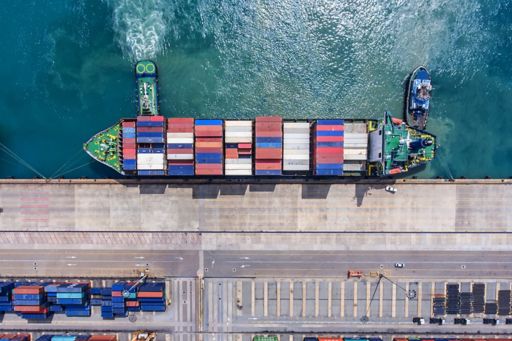On 15 November 2020, Thailand signed up to the Regional Comprehensive Economic Partnership (RCEP) agreement in conjunction with 14 other countries, including ASEAN member states, China, Japan, South Korea, Australia, and New Zealand. This agreement will act as a framework for greater economic cooperation – a goal that has been officially in the works since November 2012. The RCEP agreement covers economic liberalization, trade in services and investment, and other areas of cooperation with the aim to link the economies of member countries.
Thailand’s total trade flows between RCEP members accounted for 56.9% of Thailand’s imports and exports in 2019. It is expected that the agreement will enable significant growth in Thailand’s trade flow with RCEP members, especially in industries where Thailand has a strong trading presence such as automotive and parts production, plastics and petrochemicals, and electronics.
Implications for Thailand businesses
- The RCEP accumulation rule considers goods obtained in or processed in one member country as originating in another country.
- The movement of raw materials, semi-finished goods and finished goods should become freer under RCEP with less cause for concern about customs duty.
- RCEP’s benefits mentioned above have the potential to support strategies that aim to decentralize manufacturing.
- It is quite clear that RCEP’s trade in goods rules have the potential to transform the whole supply chain of the Asia-Pacific region in ways that can help many businesses to reduce their costs or increase their revenue.
- Another key highlight is that the RCEP agreement introduces new chapters on e-commerce and small and medium enterprises (SMEs).
- RCEP provisions could motivate multinational companies to reorganize supply chains within their groups in order to make the most of the potential benefits provided by RCEP.
Connect with us
- Find office locations kpmg.findOfficeLocations
- kpmg.emailUs
- Social media @ KPMG kpmg.socialMedia



